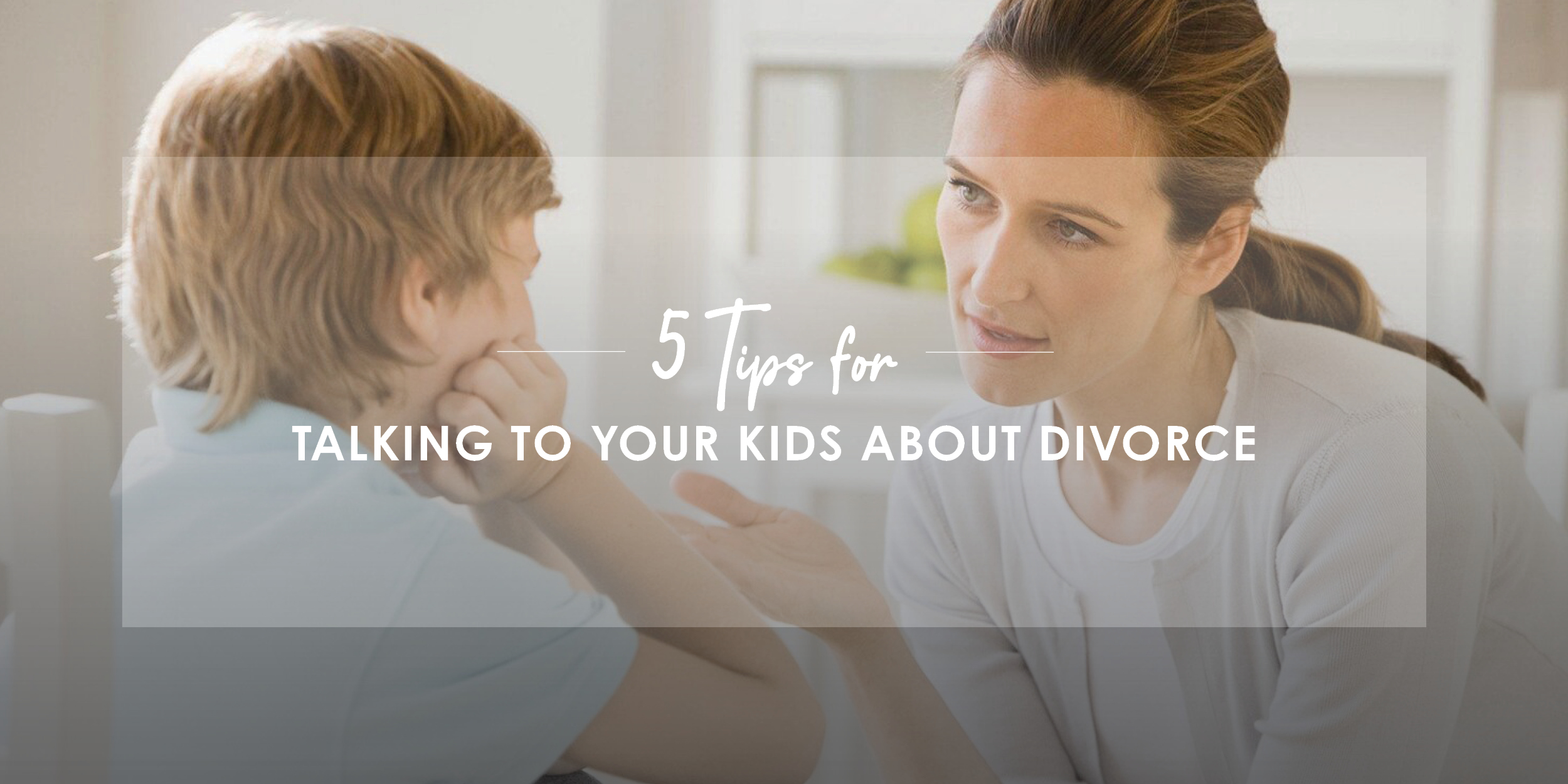5 Tips for Talking to Your Kids About Divorce
Once you and your partner have decided that divorce is the best way forward for the whole family, it’s time to break the news to the children.
At this time Natalie is offering mediation services only
Delaying the conversation with your kids won’t help anyone, it will only postpone the inevitable questions and hurt that typically come along with this kind of major life news.
Once you’ve discussed your options and found peace with your decision, it’s a good idea to start thinking about how you will present the news to your little ones. While difficult, these five tips can give you some principles to keep in mind before, during, and after your conversation.
1. Prepare Beforehand
The work for this conversation shouldn’t begin only when you sit down to chat. For the parents, this conversation should get started long before that. If possible, the two of you should sit down together and discuss your plan of action going into it.
While there’s never really a right time for this kind of news, there are a few logistics you can work out to support them through the moment. First, plan to tell them at a time when everyone is home and no other obligations or events are going on for the day. Avoid speaking just before school or right before bed so they have space and time to ask questions and think about the news with you present.
If preparing for the conversation is a struggle in itself, you may consider bringing a mediator, divorce coach, or family counselor in as a neutral third-party.
2. Break the News as a Team
Don’t leave the job of breaking the bad news to one spouse and one spouse only. This is a team decision, so you should both be involved. Not only does this avoid any incorrect assumptions that one parent is to blame, but it also shows your kids that you are committed to working
through this together as their parents.
If you have children of different ages, avoid telling the older one first. The last thing you want is for a younger sibling to find out from their big brother or sister. Plan to share all the basic information with them all at once, then you can speak to them individually with more details at
a later time.
3. Keep Your Personal Feelings Aside
As hard as it may be, it’s important to maintain a narrative about the divorce that does not blame one side or the other. You should try to keep any personal feelings aside for the time being and avoid saying that it’s anybody’s fault.
Use the word “we” as much as possible, especially when answering questions about the cause of the divorce.
4. Remind Them of What Won’t Change
Children know that a looming divorce means that change is coming. It’s your job to remind them of all the things in their life that won’t change – like how much you love them, the schools provide some levity to a heavy situation.
5. Post-Talk: Walk the Walk
After the talk, the conversation never really ends. There’s a good chance you made some promises to your children about what would change vs. what would stay the same, and every moment that follows is your opportunity to stay true to your word and walk the walk.
If they see that you are arguing or start blaming one another for the divorce, their outlook may change and they may begin to distrust.
Part of a healthy life post-divorce is a healthy divorce process. In an aim to keep things as amicable as possible, many divorcing couples utilize alternatives like mediation or collaborative divorce to reach a mutually agreeable conclusion that keeps the best interests of the whole family in mind.
To learn more about these options or schedule a mediation session, contact Natalie Baird Mediations & Collaborative Divorce at your convenience.

